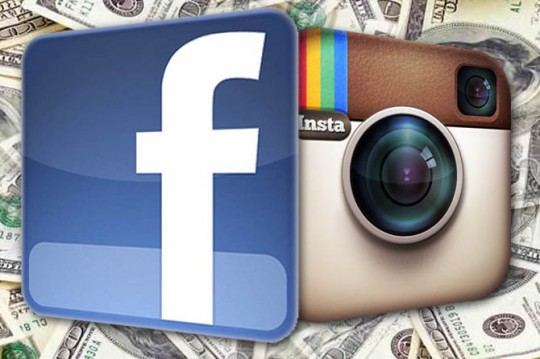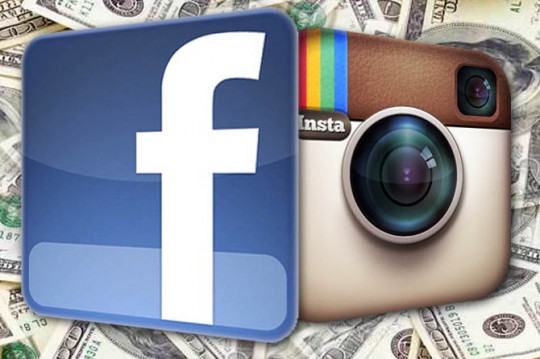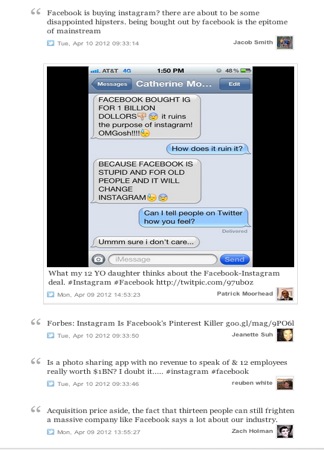By Stephanie Miceli

Yesterday, in its most-talked about move since Timeline, Facebook bought photo-sharing application Instagram for about $1 billion in cash and stock. Facebook Founder Mark Zuckerberg posted about the acquisition on his Timeline:
“We believe these are different experiences that complement each other. But in order to do this well, we need to be mindful about keeping and building on Instagram’s strengths and features rather than just trying to integrate everything into Facebook.”
Instagram CEO Kevin Systrom assured users that the Instagram they know and love “is not going away” in a website post:
“It’s important to be clear that Instagram is not going away. We’ll be working with Facebook to evolve Instagram and build the network. We’ll continue to add new features to the product and find new ways to create a better mobile photos experience.”
More importantly, what will this acquisition mean for users? Here are some notable insights from the Twitterverse:
With these Tweets in mind, what will this acquisition mean? A few predictions:
It may alienate the hipsters. It’sno question that Instagram has gone “mainstream” in the eyes of hipsters. Instagram will still allow users to add vintage style effects to their photos, but there’s fear that it may become another Flickr or Photobucket. If Instagram forays into video and web uploads, it may lose the sense of exclusivity that its mobile-only platform provides. The Facebook acquisition also carries the risk of making photos too shareable.
Facebook isn’t trying to ruin the user experience – it simply has to compete with Pinterest. Facebook has the opportunity to fill the need for a great Instagram web viewer, where users can store all their photos online, and where non-Instagram users can also participate in the photo-sharing community. David Coursey of Forbes says, “ Facebook provides an option for the millions of users who like Pinterest’s pinboard interface and simple feature set. By linking it to existing Facebook accounts, two logins become one, Instagram’s pinboards can appear as part of a Facebook account and everybody gets what they want.”
Community guidelines can change to better accommodate marketers. We know Facebook has its caveats – users can’t host competitions on pages, nor can they use Timeline photos with promotional words. Instagram, however, is known as a space for creatives, and Facebook should consider user guidelines accordingly.
The Facebook brand could get a boost. From a public relations perspective, there can be some good in this. Om Malik of GigaOm says unlike Facebook, whose “internal ideology is that of a desktop-centric Internet company,” Instagram has built a platform with emotional appeal. He says he has made friends based on photos users share, knows how they feel, and how they see the world. Perhaps users will associate these fuzzy feelings with the Facebook brand, rather than privacy concerns.
What do you think of the acquisition? Good or bad? Did Google miss out on a prime opportunity?



